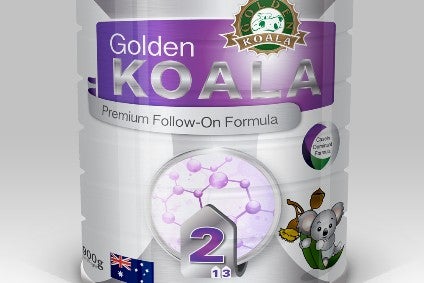
Australia’s Jatcorp, previously trading as Jatenergy, has entered an agreement in China to produce plant-based meat in the country.
The products will be made via contract manufacturers and will be supplied to Shanghai Godly Vegetarian Industry Co., China’s largest state-owned vegetarian restaurant chain.

Discover B2B Marketing That Performs
Combine business intelligence and editorial excellence to reach engaged professionals across 36 leading media platforms.
The so-called strategic cooperation agreement has been channelled through Aofu Trading Co., described by Jatcorp in a stock-exchange announcement as a “nominated buyer of Shanghai Godly”.
Jatcorp’s 50-50 plant-based joint venture with Sydney-based Oppenheimer Pty – Jat Oppenheimer, established last year – is in the final stages of negotiation with “selected contract food manufacturers” in China. Agreements are expected to be finalised before February.
Jat Oppenheimer has been developing plant-based meat products since 2019, which have this year been trialled in unnamed restaurant chains in China, including Shanghai Godly.
The contract manufacturers will produce meat-alternatives to raw pork, beef, chicken and minces for Shanghai Godly to craft into meals. Jatcorp will supply the recipes and formulations and provide technical support, and also plans to offer the raw materials to other foodservice outlets and supermarkets in China, along with other parts of Asia.

US Tariffs are shifting - will you react or anticipate?
Don’t let policy changes catch you off guard. Stay proactive with real-time data and expert analysis.
By GlobalDataJatcorp said it has received “potential buying interest” from other state-owned restaurant groups in China and discussions are “ongoing”.
New South Wales-based Jatcorp changed its name from Jatenergy in June following approval by the board and shareholders. Before entering the plant-based sphere, the company had been primarily focused on dairy and infant-formula products mainly for export, with China a key market.
It will continue to produce plant-based products in Australia for the domestic market, as well as for export.





